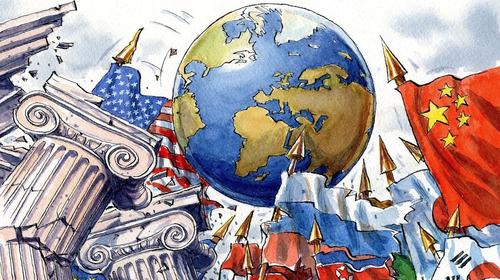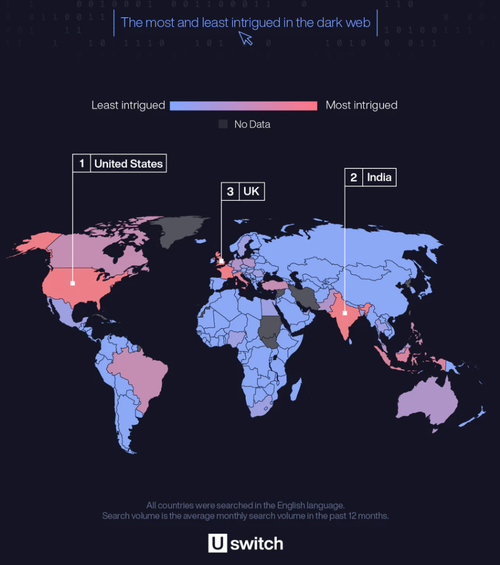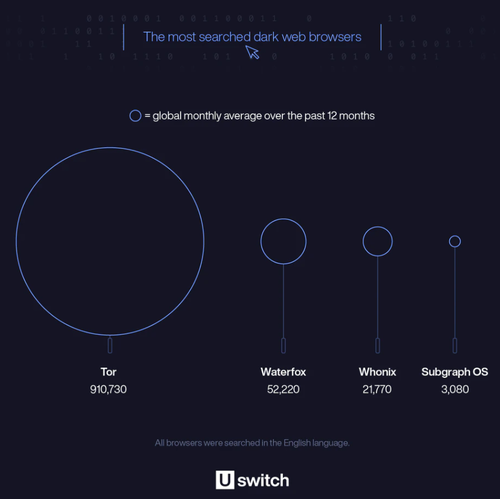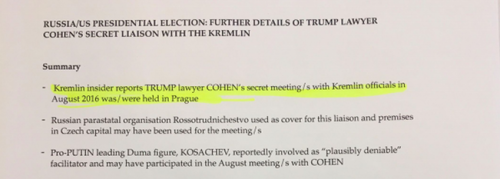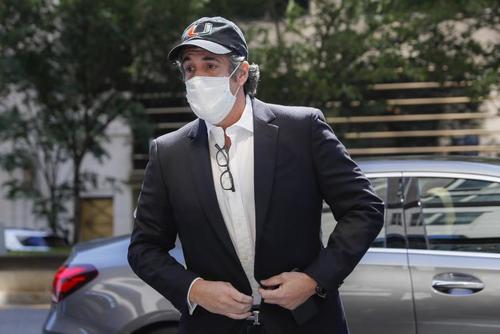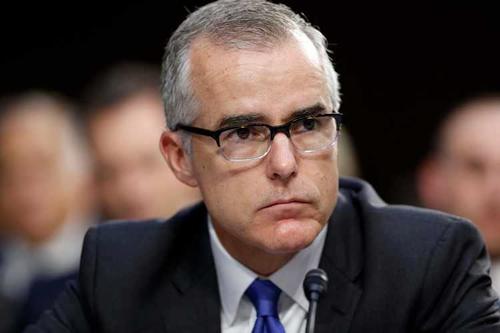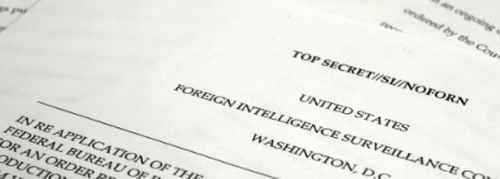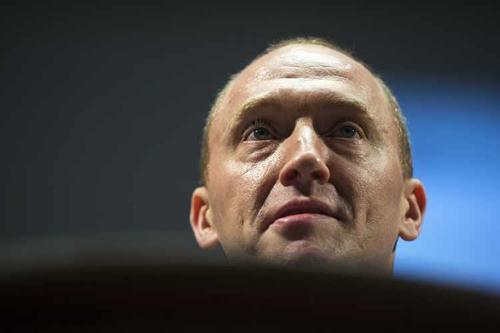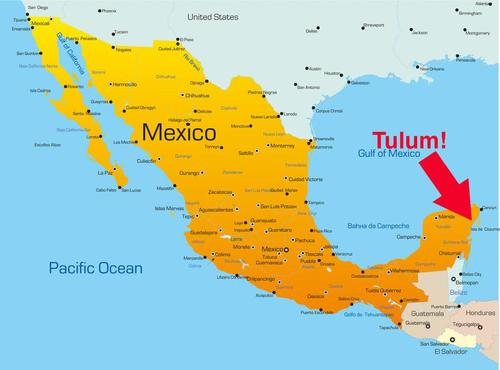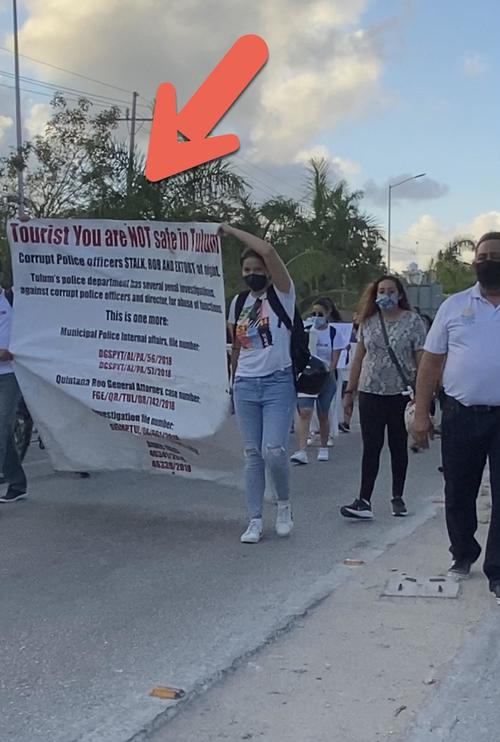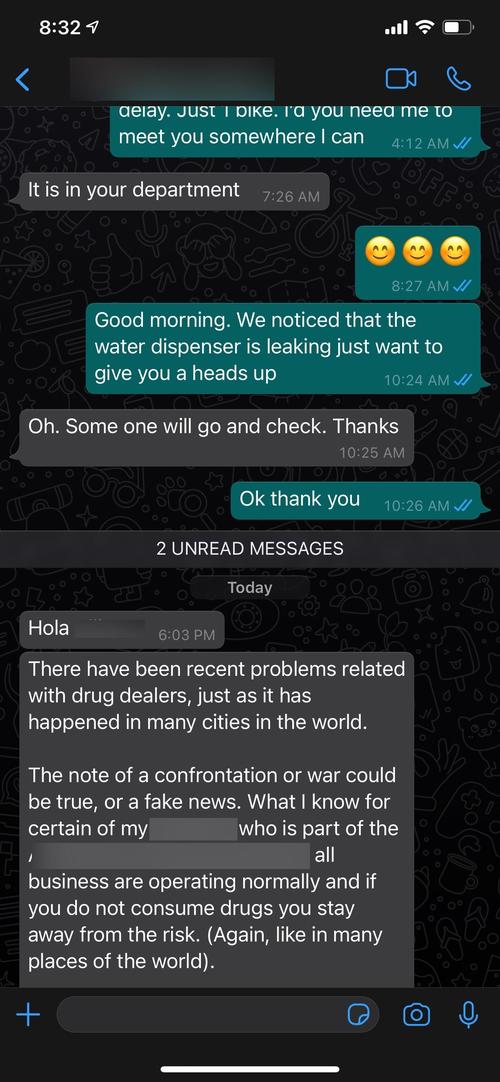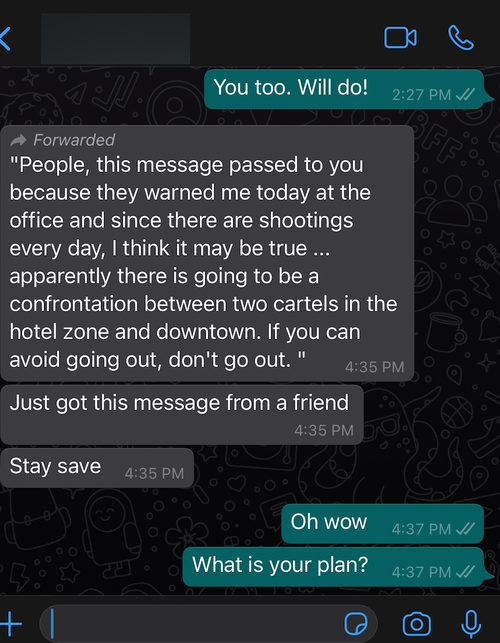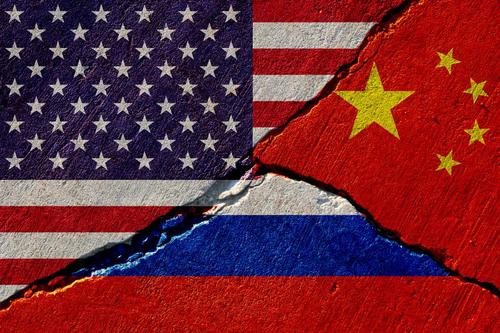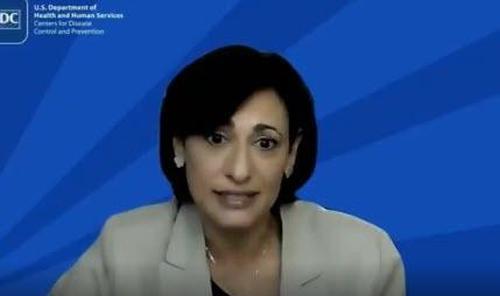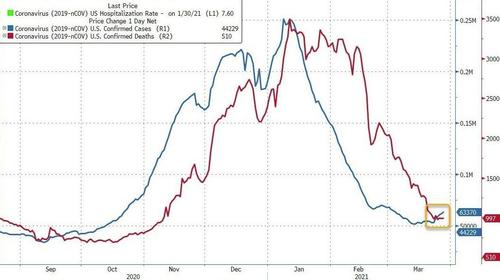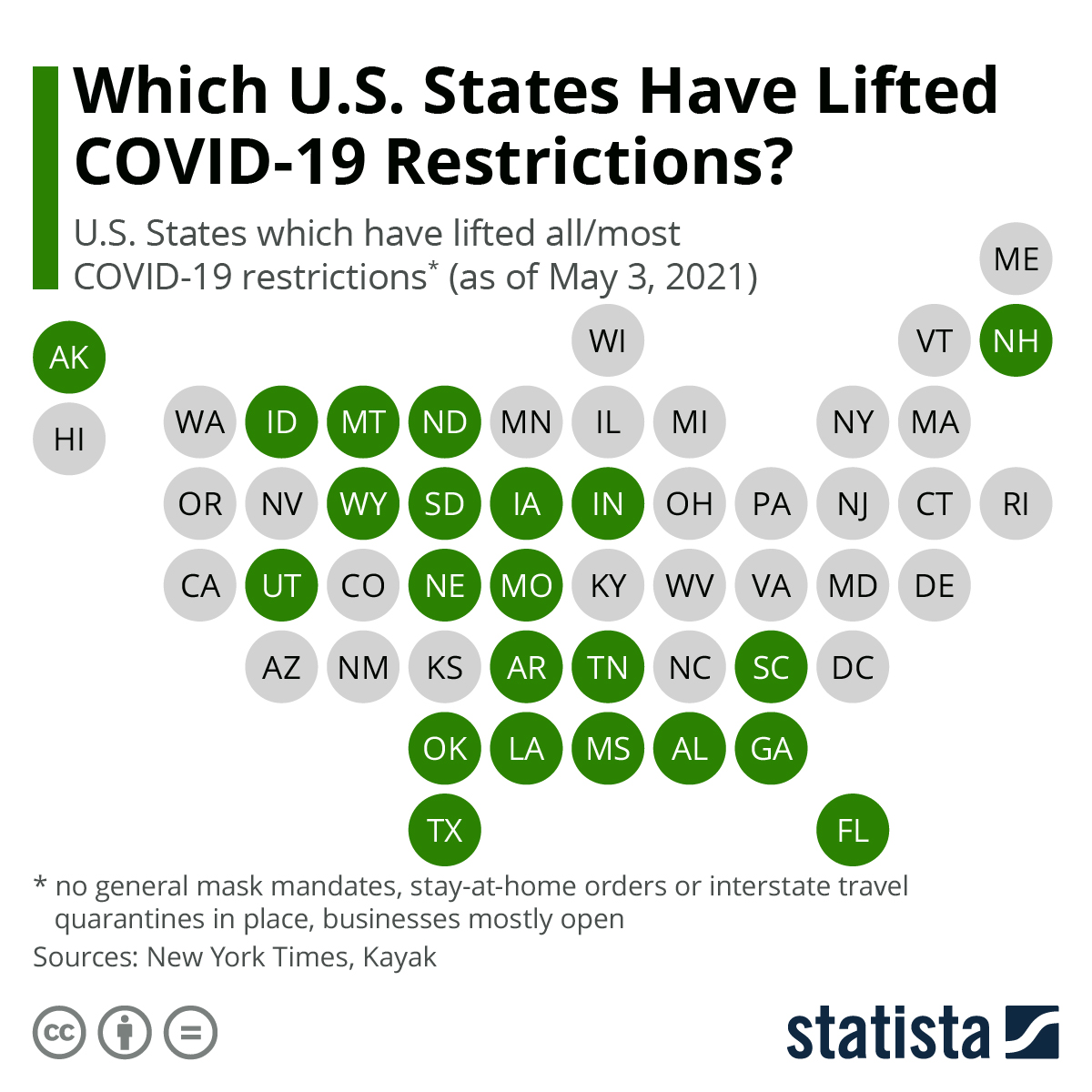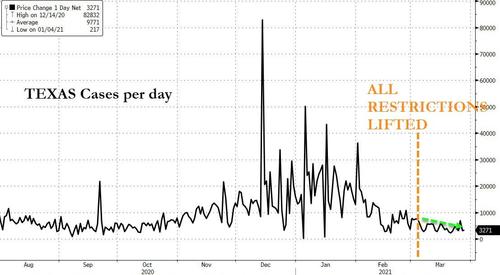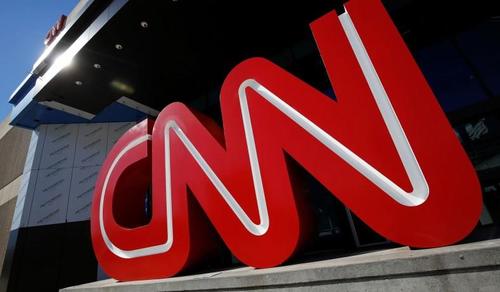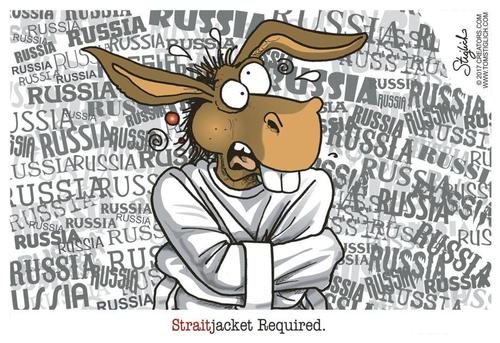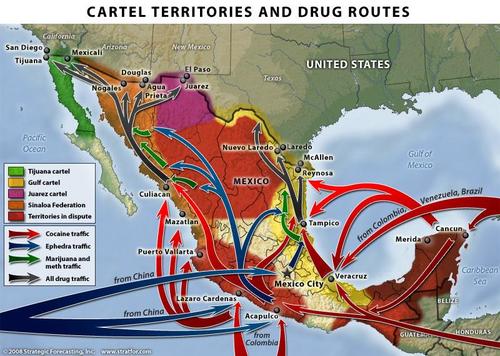Washington’s Hegemonic Ambitions Defy Multipolar Reality, Risking Catastrophic Conflict
Authored by Finian Cunningham via The Strategic Culture Foundation,
The rapidly shifting international distribution of power creates problems that can only be resolved with real diplomacy. The great powers must recognize competing national interests, followed by efforts to reach compromises and find common solutions.
Over the past week the Biden administration has intensively reached out to Europe to revitalize the transatlantic alliance. In the following on-topic interview, Professor Glenn Diesen explains how the United States is opposed to the emerging reality of a multipolar world because of its winner-takes-all ideology. In doing so, Washington is predisposed to antagonize and militarize relations, primarily with Russia and China. The confrontational policy is aimed at driving a wedge between Europe on the one hand, and Russia and China on the other. The problem for Washington is that such a confrontational policy is unfeasible in a multipolar world. European allies are pressured to align with the U.S., but geoeconomic realities inevitably mean there is a practical limit to the American strategy. Using rhetoric about “values” and “human rights” is just a ploy to gain a false moral authority over rivals. The West’s unilateral use of sanctions is the corollary. But such a strategy is only further forging multipolar reality which is leading to weakness and self-isolation for the United States – and the European Union if the latter chooses to go down that futile route. Professor Diesen contends that without compromise and mutual respect among world powers, the ultimate risk could be catastrophic war. And he says the onus is on the United States and Europe to recognize competing national interests beyond their own, followed by efforts to reach compromises and find common solutions.
Glenn Diesen is a professor at University of South-Eastern Norway. He is also editor of ‘Russia in Global Affairs’ and is a contributing expert at the Valdai Discussion Club. His research focus is the geoeconomics of Greater Eurasia and the crisis of liberalism. He specializes in Russia’s approach to European and Eurasian integration, as well as West-China dynamics. He is the author of several books: ‘The Decay of Western Civilisation and Resurgence of Russia: Between Gemeinschaft and Gesellschaft’ (2018); ‘Russia’s Geoeconomic Strategy for a Greater Eurasia’ (2017); and ‘EU and NATO relations with Russia: After the collapse of the Soviet Union’ (2015).
His latest two books are ‘Russian Conservatism’ (January 2021, see this link); and ‘Great Power Politics in the Fourth Industrial Revolution’ (March 2021, see this link).
* * *
Interview
Question: The Biden administration is making strenuous efforts at rallying Europe and NATO to take a more adversarial position toward Russia and China: what are Washington’s geopolitical objectives?
Glenn Diesen: Biden’s “America is back” and Trump’s “Make America Great Again” both aim to reverse the relative decline of the United States in the international system. While Trump believed that providing collective goods to its allies as the cost of a hegemon was making the U.S. lose its competitiveness, Biden believes the U.S. must rally its allies against rising adversaries. The geopolitical objectives remain constant: preserving a dominant position for the U.S. in the international system.
The main challenge to U.S. leadership position is geoeconomic as its rivals are developing alternative technologies, strategic industries, transportation corridors and financial instruments. However, the U.S. has not been successful in converting the security dependence of allies into geoeconomic loyalty. This is evident as the European Union uses Chinese technologies and capital, and Germany is working with Russia to construct the Nord Stream 2 gas pipeline. There are strong incentives for the U.S. to militarize a geoeconomic rivalry as it strengthens solidarity and loyalty among allies. NATO is therefore a good instrument even though Russian tanks are not heading towards Warsaw and Chinese troops are not about to invade Paris.
Question: Will Washington succeed in pushing what appears to be a new Cold War drive?
Glenn Diesen: Washington is certainly worsening relations with both Moscow and Beijing, although it is not clear that they will get the Europeans to follow their lead. The Europeans share many of America’s concerns, although they do not wish to retreat under U.S. protection in a new U.S.-China bipolar system. The EU has defined its interest as pursuing “strategic autonomy” to develop “European sovereignty”. U.S. efforts to rally the Europeans against Russia and China rely on rhetoric over security challenges or human rights issues, although it is meant to translate into reducing economic connectivity with the two Eurasian giants. However, the interests of the Europeans and the U.S. diverge over China, and the Europeans are also growing more concerned over pushing Russia towards China.
Question: You’ve mentioned before how the United States’ goals are: a) to prevent Europe from partnering with Russia for energy trade; and b) to prevent Europe partnering with China for new technology, trade and investment. Is such a divisive U.S. aim possible to achieve in a multipolar, integrated global economy?
Glenn Diesen: U.S. policies aim to prevent the emergence of a multipolar order. In my opinion, this is a misguided objective as Washington must adjust to the changing international distribution of power. I have argued that the U.S. is confronted with a dilemma – it can either facilitate and shape a multipolar system where the U.S. is the “first among equals”, or it can aim to contain rising powers to extend its hegemonic position although then a multipolar system will emerge in direct opposition to the U.S. By containing the rise of both Russia and China, the U.S. encourages Moscow and Beijing to define their partnership often in opposition to the U.S.
The global economy is subsequently fragmenting. The geoeconomic dominance of the U.S. has rested on its leading technologies that buttress its strategic industries, control over the maritime corridors of the world, and control over the main development banks and the world’s trade/reserve currency. Russia and China have therefore developed a strategic partnership to develop their own technological ecosystems, new Eurasian transportation corridors by land and sea, and new financial instruments such as banks, payment systems and de-dollarizing their trade. The U.S. will therefore discover that the effort to isolate China and Russia will result in the U.S. isolating itself.
Question: You’ve also mentioned that the United States may be trying a re-run of the Nixon-era policy from the 1970s of forcing a division between China and Russia. Is such a U.S. objective possible today?
Glenn Diesen: It seems highly unlikely. Nixon was able to split the Soviet Union and China by reaching out to the weaker part, China, based on mutual misgivings towards the power of the Soviet Union. The U.S. therefore accommodated the weaker adversary to balance the stronger adversary.
Today, the stronger adversary is China and the U.S. would therefore have to reach out to Russia. Beijing has no reason to turn against Moscow as Russia does not pose a threat to the Chinese, and Russia’s partnership is vital for China’s geoeconomic rise.
Much can be gained from reaching out to Moscow, although it will be very difficult, and Russia will not turn against China. The U.S. leading role in Europe is reliant on excluding Russia from the continent, and the anti-Russian sentiments in the U.S. make it impossible to find common ground. Also, it is hard to overstate the resentment in Moscow over relentless NATO expansionism towards its borders.
Future historians will likely recognize the historical blunder of not accommodating Russia in Europe. After the Cold War, Russia’s principal foreign policy objective was to be included in a Greater Europe. The remaining hopes for incremental integration with Europe ended in 2014, when the West supported the coup in Ukraine. Russia is now pursuing the Greater Eurasia Initiative and its leading partner toward that end is China.
Reaching out to Moscow will enable Russia to diversify its economic relations and avoid excessive reliance on China, although Russia will not join any partnership aimed against China.
Question: The Biden administration’s overtures for a stronger transatlantic alliance and a more unified NATO appear to be lapped up by various European leaders. For example at the NATO summit of foreign ministers in Brussels on March 23-24, the French top diplomat Jean-Yves Le Drian gushed about a renewed alliance under Biden, declaring that NATO had “rediscovered” itself. Why are European politicians seemingly so ready to appease Washington even when it is at the cost of undermining their own relations with Russia and China?
Glenn Diesen: The Europeans only developed unity after the Second World War under U.S. leadership. Europe has thus only existed as a cohesive sub-region within the larger transatlantic region. During the Cold War this partnership was directed towards balancing the Soviet Union, and after the Cold War the trans-Atlantic partnership enabled collective hegemony. The Europeans have prospered under U.S. leadership and been able to develop regional European autonomy.
The multipolar system challenges the foundation for the internal cohesion of both Europe and the trans-Atlantic region. On one hand, the Europeans want to align their policies with the U.S. to preserve solidarity within Europe and the West. On the other hand, the Europeans desire “strategic autonomy” as they recognize that U.S. and EU interests diverge in a multipolar world. Confronting Russia and China weakens the economic competitiveness of Europe and increases its dependence on the U.S.
Question: Russia’s foreign minister Sergei Lavrov, speaking during a visit to China this week, remarked that the European Union had unilaterally destroyed relations with Russia due to recent actions, presumably imposing sanctions. Would you agree that the EU has taken unprecedented harmful steps against Russia?
Glenn Diesen: Yes. The sanctions do not provide a solution, rather they undermine the possibility for a partnership to find common solutions. Sanctions are designed to force Russia to make unilateral concessions as opposed to finding mutually acceptable solutions through compromise.
It must be recognized that every conflict has two sides, yet Brussels tends to treat all conflicts as transgressions by Russia that must be punished and corrected by the EU. I often make the argument that Russia is largely a status-quo power in Europe that reacts to Western revisionism. Russia intervened in Crimea in response to the West’s support for the coup, and Russia intervened in Syria in response to Western efforts to topple the government. The problem behind these conflicts is that Russian security interests were never included, and the sanctions are a mere extension of this hegemonic mentality.
The sanctions are condemning Europe to reduced relevance in the multipolar world. A divided Europe creates systemic pressures for the EU to retreat under U.S. protection, and Russia must similarly diversify its economy away from Europe and instead align itself closer with China.
Question: Do you see any prospect of the European Union waking up to the realization that the bloc needs to repair relations with Russia, and China for that matter? Presumably that would require the EU asserting geopolitical independence from the United States, and the question is: has Europe’s political class got the will or even the imagination for this?
Glenn Diesen: How can relations be repaired? The source of all problems with Russia was the failure to reach a mutually acceptable post-Cold War settlement. Efforts to create a Europe-without-Russia inevitably became a Europe-against-Russia. Initially, Russian apprehensions could be ignored as Russia was weak and did not have anywhere else to go. This is no longer the case. The EU can either treat the underlying problem of excluding the largest state in Europe from Europe, or it can aim to treat the symptoms that include Russia’s pivot to the east – primarily China.
Both France and Germany have become more vocal about the folly of continuing to push Russia towards China. France has been more ambitious in terms of rethinking relations with Russia to resolve the underlying problems, while Germany has been more focused on treating the symptoms by maintaining economic connectivity with Russia.
What can the EU do? Suspending NATO expansion towards Russian borders or ending anti-Russian sanctions would undermine both EU and NATO solidarity as it is opposed by the U.S. and certain Central and Eastern European countries. The EU and the West were not designed for a multipolar world and so risk its internal cohesion no matter what is done.
The EU is not demonstrating any intentions of altering its subject-object relationship with Russia, and seeking solutions through mutual compromise. When the EU foreign policy chief Josep Borrell went to Moscow last month, the effort to improve relations with Russia was therefore limited to lecturing Russia about its domestic affairs and transgressions in international affairs, which, it was inferred, Russia should correct in order to earn the EU’s forgiveness and improve relations.
Question: Finally, are you concerned that deteriorating international tensions could lead to war?
Glenn Diesen: Yes, we should all be concerned. Tensions keep escalating and there are increasing conflicts that could spark a major war. A war could break out over Syria, Ukraine, the Black Sea, the Arctic, the South China Sea and other regions.
What makes all of these conflicts dangerous is that they are informed by a winner-takes-all logic. Wishful thinking or active push towards a collapse of Russia, China, the EU or the U.S. is also an indication of the winner-takes-all mentality. Under these conditions, the large powers are more prepared to accept greater risks at a time when the international system is transforming. The rhetoric of upholding liberal democratic values also has clear zero-sum undertones as it implies that Russia and China must accept the moral authority of the West and commit to unilateral concessions.
The rapidly shifting international distribution of power creates problems that can only be resolved with real diplomacy. The great powers must recognize competing national interests, followed by efforts to reach compromises and find common solutions.
Tyler Durden
Wed, 03/31/2021 – 23:40
via ZeroHedge News https://ift.tt/2PNpowE Tyler Durden
